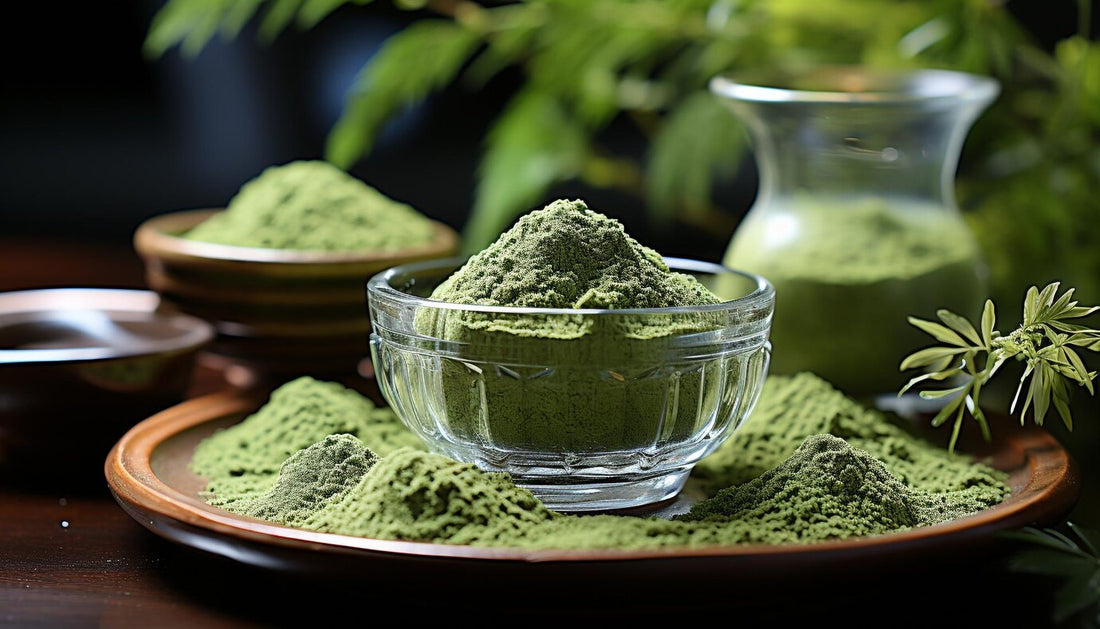Spirulina, a type of blue-green algae, has been consumed for centuries for its high nutritional value and health benefits. Recently, it has garnered attention for its potent anti-inflammatory properties. This article delves into the ways spirulina can help reduce inflammation and improve overall health.
Understanding Spirulina:
1. What is Spirulina?
Spirulina is a cyanobacterium that grows in both fresh and saltwater. It is packed with nutrients, including proteins, vitamins, minerals, and antioxidants, making it a superfood with numerous health benefits.
2. Nutritional Profile:
Spirulina is rich in essential nutrients, including:
-
Protein: Contains all essential amino acids.
-
Vitamins: B vitamins, vitamin C, and vitamin E.
-
Minerals: Iron, magnesium, potassium, and calcium.
-
Antioxidants: Phycocyanin, beta-carotene, and superoxide dismutase (SOD).
Anti-Inflammatory Properties of Spirulina:
1. Phycocyanin:
Phycocyanin, a pigment-protein complex found in spirulina, is a potent antioxidant with significant anti-inflammatory effects. It inhibits the production of inflammatory signaling molecules, reducing overall inflammation in the body.
2. Antioxidant Activity:
Spirulina's high antioxidant content helps neutralize free radicals, reducing oxidative stress and inflammation. Antioxidants like phycocyanin, beta-carotene, and vitamin C play a crucial role in protecting cells from damage.
3. Immune System Modulation:
Spirulina enhances immune system function by promoting the production of antibodies and increasing the activity of natural killer cells and macrophages. A well-functioning immune system can better manage inflammation.
4. Inhibition of Inflammatory Pathways:
Spirulina has been shown to inhibit key inflammatory pathways, including the NF-κB pathway, which is involved in the production of pro-inflammatory cytokines. By modulating these pathways, spirulina helps reduce chronic inflammation.
Benefits of Spirulina for Inflammation:
1. Joint Health:
Spirulina's anti-inflammatory properties can help reduce joint pain and stiffness, making it beneficial for individuals with arthritis or other inflammatory joint conditions.
2. Allergy Relief:
Spirulina has been shown to alleviate symptoms of allergic rhinitis, such as nasal congestion, sneezing, and itching, by reducing inflammation in the nasal passages.
3. Gut Health:
Chronic inflammation in the gut can lead to conditions like inflammatory bowel disease (IBD). Spirulina's anti-inflammatory effects can help soothe the gut lining and reduce symptoms of IBD.
4. Cardiovascular Health:
Inflammation plays a key role in the development of cardiovascular diseases. By reducing inflammation, spirulina can help lower the risk of heart disease and improve overall heart health.
How to Incorporate Spirulina into Your Diet:
1. Spirulina Powder:
Spirulina powder can be added to smoothies, juices, or water. It can also be sprinkled on salads, soups, or yogurt for an added nutritional boost.
2. Spirulina Tablets:
For those who prefer a more convenient option, spirulina is available in tablet form. Follow the recommended dosage on the packaging or consult a healthcare provider.
3. Spirulina in Recipes:
Incorporate spirulina into recipes such as energy bars, healthy snacks, or green sauces to enjoy its benefits in a delicious way.
4. Spirulina Supplements:
Various spirulina supplements are available, including capsules and liquid extracts. Choose a high-quality product from a reputable brand to ensure maximum benefits.
Spirulina is a powerful superfood with impressive anti-inflammatory properties. By reducing oxidative stress, modulating the immune system, and inhibiting inflammatory pathways, spirulina can help manage inflammation and improve overall health. Incorporating spirulina into your diet is a simple and effective way to harness its benefits and support a healthier lifestyle.




